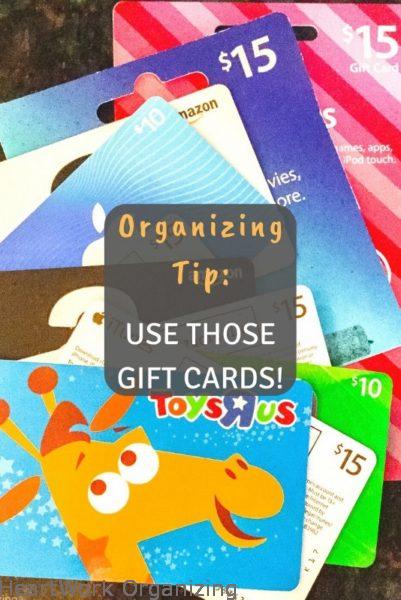My standard disclaimer is that I am not an attorney, nor do I play one on the Internet. However, I do work as a Special Education Advocate, so bullying is a problem I help parents with, as over 90% of children with special needs are bullying victims.
Please keep in mind that although I try to remain positive, I do have a cynical point of view at times which may show through on this post. But remember, no one ever calls a Special Education Advocate because they just love their school, love their IEP and how their child is being treated and are just so over the moon that they want to share, ha ha. I get calls because parents are frustrated, angry and don’t know what to do.
Schools bear some responsibility
First (and this is where it sounds like I’m giving legal advice, but I’m not!), know that in recent court cases, that the case law decisions are supporting the notion that schools bear some responsibility for bullying, in particular cyber-bullying, that occurs outside of the school day. Now, I’m not suggesting that you go hunt down court cases and start quoting case law. But know that so far, the law is on your side if your child is the victim of such bullying and you are thinking or being told, “That didn’t happen at school, not our responsibility.” That’s not what the recent court decisions are saying. Schools not only have a moral responsibility to help, but depending on the situation, a legal one too.
My child thankfully has not been bullied yet at school, though we have had a few minor incidents at playgrounds and other public places. However, if he was being bullied, here is how I would handle it, in incremental steps.
Put it in writing
One of my golden rules for ALL school issues is: write it down. There’s nothing wrong with talking it out on the phone or in person, but always use e-mail to document it. So send a note: “Thanks so much for chatting with me today about Susie being bullied. I appreciate that you’re going to ….to try to remedy the situation.”
If you don’t write it down, it didn’t happen. If this drags on for months or even years, you want it documented in writing. So that would be my first step, a simple e-mail to the teacher. “Dear Mr. Teacher, Susie has been reporting to me that during lunch, the other kids are … Can we please make a time to chat about this on the phone or in person over the next couple of days?”
If that doesn’t resolve it, another, firmer e-mail. Still not resolved? Write a new one to the principal, include the previous ones you have sent to teacher. While this is going on, you need to document whatever your child is telling you. Ask him/her where and when the bullying occurred and what staff was around. Know that statistics tell us that teachers generally only see about 10% of the bullying that occurs, and that’s a Dept. of Ed statistic!
A Gebser letter
So, you’ve done a bunch of letters and meetings, it’s still not stopping. Consider hiring an attorney and submitting a Gebser letter to the district. Note that this is specifically for discrimination, but that can be race, religion, sex, disability and so on. The term Gebser letter comes from a 1998 Supreme Court decision. The court concluded that in order to receive damages under a Title IX discrimination suit, you must prove that the school district actually knew about the offense and refused to take action to correct it. The term “Gebser Letter” was coined to mean a letter notifying a school district employee with authority about the discrimination or bullying.
This is why all the documentation is important. You will have to show that you have notified the school district numerous times to try to resolve this, and that they failed to act.
Know the policies
You should read your school district policies (online, usually). Most districts have an anti-bullying policy of some kind. Most also have a grievance procedure. Consider filing a grievance with your school board and ask to be put on the agenda for a school board meeting.
Bullies have parents too
Lastly, remember that the bully has parents too. And probably nice parents. Sure, some parents are jerks who don’t care when their kids do this. But I’ve also worked with parents whose kids are bullying. And they were doing everything they could to try to make it stop. Still, peer pressure is so powerful, some kids continue to do it. I even worked with one family and their young son was bullied to tears for years. Then, one school year, it all turned around and he was constantly in trouble for bullying others. When his mom would ask him why, he’d say “It’s better than being bullied.” He found camaraderie and acceptance, which he’d never had before, in a group of kids that were bullies. He’d never had friends before, and that was such a powerful draw for him.
Don't retaliate
Also remember that retaliation is not acceptable and in some cases illegal. You and your family cannot be retaliated against for reporting bullying and trying to handle a situation.
Bullying is not acceptable. It is not a rite of passage and that is an antiquated line of thinking. Recently there have been video clips showing parents going on school buses or to schools and confronting bullies. While I certainly don’t condone that for problem solving, I completely empathize with their frustration levels. It shouldn’t have to come to that.
Take care and good luck.
Lisa Lightner is a Chester County, PA mom of two. This post is adapted from the blog A Day in Our Shoes, a blog of support, resources and advocacy services for parents of children with special needs that she co-authors. Also see her bog Smart Spending Spot.






